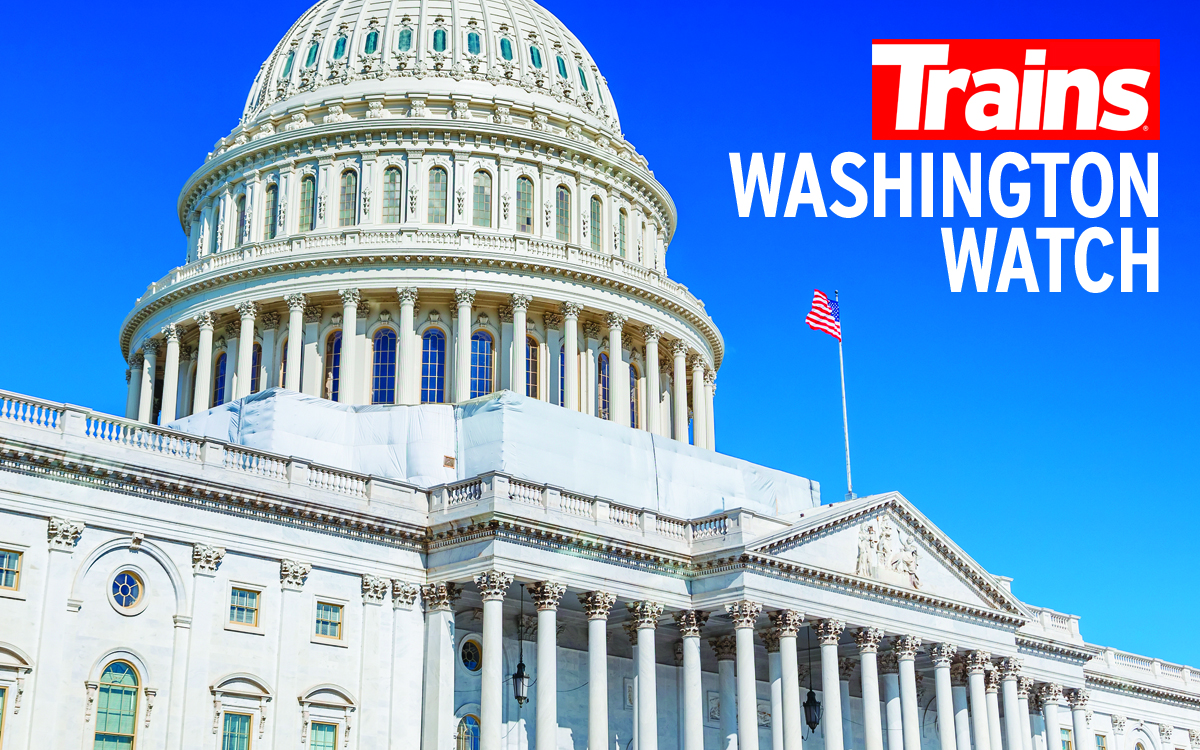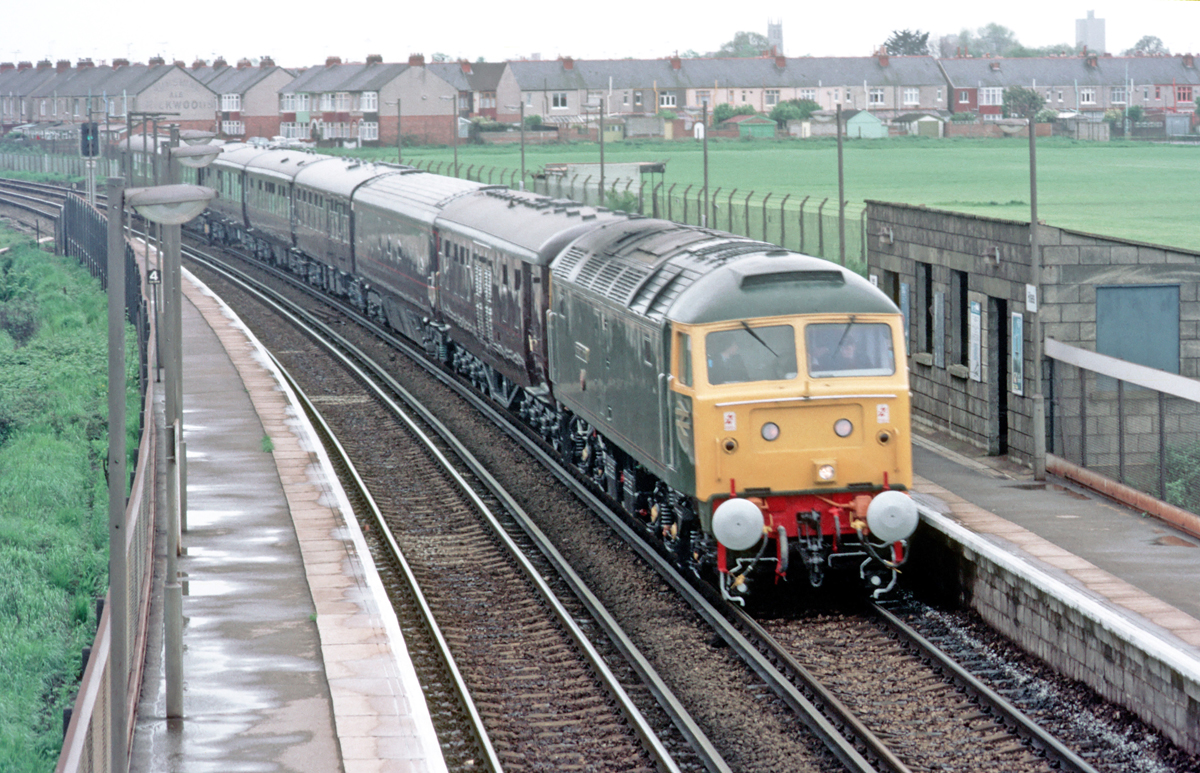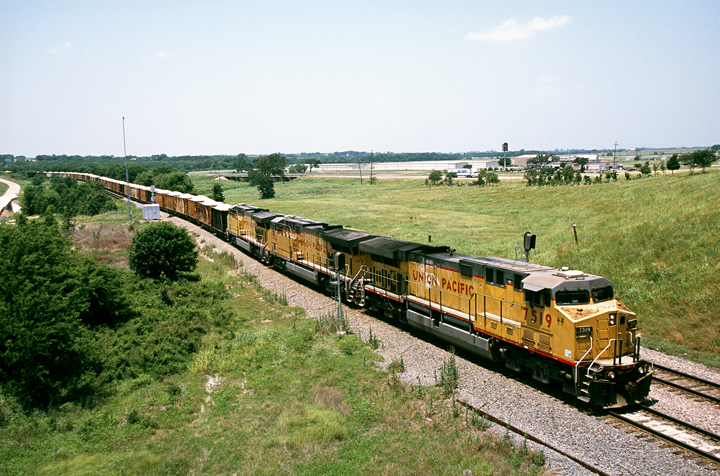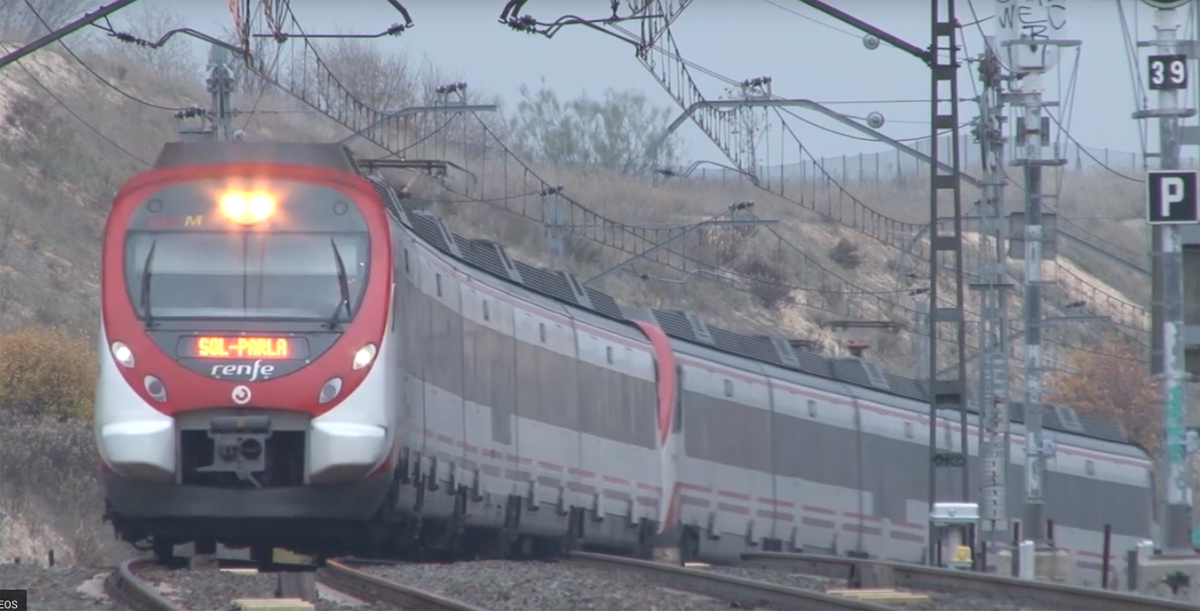“We are seeing are a lot of stars aligning,” says Brittney Kohler, program director of transportation and infrastructure at the National League of Cities. “The optimism is that Congress seems to understand, and local governments are prepared to support them.”
Kicking off the effort, the House Transportation and Infrastructure Committee held its first hearing on the issue last week. The Committee heard from those representing cities, states, aviation, waterways, and labor, along with Amtrak President Richard Anderson http://trn.trains.com08-amtrak-ceo-testimony-presses-need-for-corridor-infrastructure-funding
Urgency comes not only from aging roads and bridges. The Fixing America’s Surface Transportation Act, which funds grants and loans for public transportation and other programs, expires on Sept. 30, 2020.
Also critical: the Highway Trust Fund, which provides funding for mass transit along with roads and highways, has been flirting with insolvency for a decade. It’s funded by the federal gas tax, which has not been increased since 1993. Congress has had to transfer $144 billion from general funds since 2008 just to keep it solvent. Without further infusions, the Congressional Budget Office projects that the highway fund will run out of money in 2021.
Kohler calls the Highway Trust Fund “America’s transportation bank account” and says it is “irresponsible” to let it go broke. Raising the gas tax has long been a political non-starter, but that may be about to change. A year ago, President Donald Trump endorsed raising the gas tax by 25 cents.
And the U.S. Chamber of Commerce backs the idea.
While U.S. Rep. Peter DeFazio, D-Ore., chairman of the House transportation committee, favors an increase in the gas tax, ranking member U.S. Rep. Sam Graves, R-Mo., prefers a switch to a tax based on vehicle miles traveled, which many believe would better capture road use by more fuel-efficient and electric vehicles.
The Senate Commerce Committee convened its hearing this week, with testimony from the Association of American Railroads along with those representing ports, trucking, and labor. The AAR’s president, Ian Jeffries, testified that Amtrak and commuter railroads deserved funding and the committee’s support.
Jeffries also stressed the benefits of public-private partnerships, citing the Chicago-area CREATE project to improve efficiency and safety of rail traffic in the region.
The AFL-CIO labor union expressed its support of legislation to make permanent the 45G short line tax credit, noting that it has spurred $4 billion in private infrastructure investment by short-line railroads since 2005.
The union’s Larry Willis, president of the transportation trades department, also had a blunt message about funding the proposed Gateway Tunnel project in New York City and New Jersey.
“We know it is past time for this administration to stop playing political chicken with Gateway and release grant money to allow this project to move forward,” Willis said.
While Congress whets its appetite for legislation, time is not on their side. Testifying at the hearing in the House, former Transportation Secretary Ray LaHood warned, “We have a very short window here. If it doesn’t happen this year it won’t happen until after the presidential campaign.”
With the opportunity ripe, it would be seen as a failure by some to come away with a stop-gap bill or one that takes only small measures.
“Let’s go big and bold,” LaHood said.
The president’s 2020 fiscal year budget request is due to be released in early March, a month late due to the government shutdown. Bipartisanship seems to be in the air. At the Senate hearing, Committee Chairman, U.S. Sen. Roger Wicker, R-Miss., said, “Fortunately, improving our infrastructure is an area where bipartisan agreement and cooperation can be found.”














